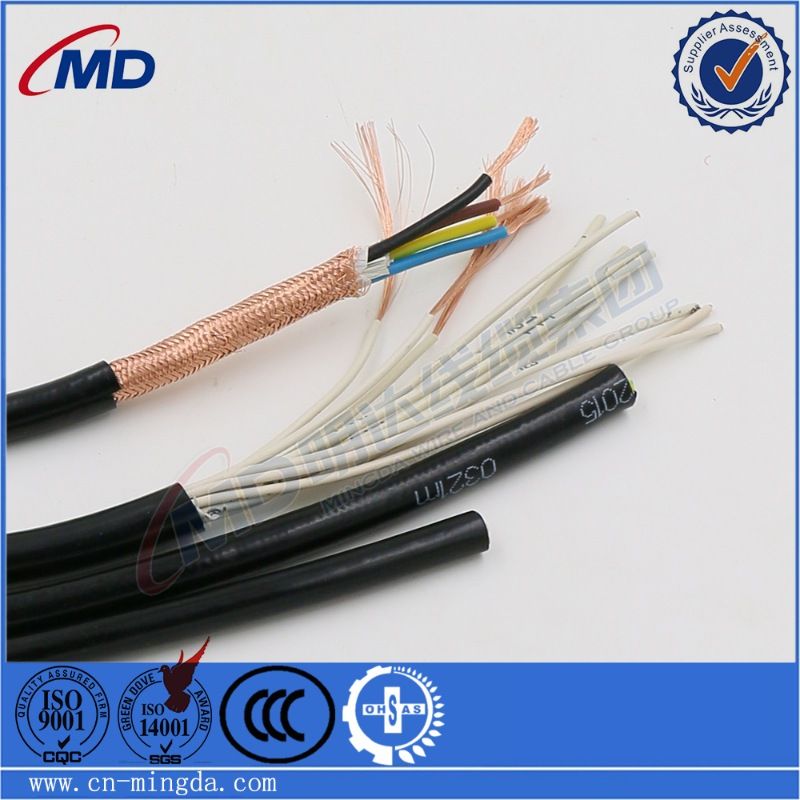10 月 . 08, 2024 10:59 Back to list
Industrial Water Control Valve Solutions for Efficient Water Management and Distribution
Industrial Water Valves Essential Components for Fluid Management
In the realm of industrial applications, the management and flow control of water are crucial for various processes, ranging from manufacturing to power generation. At the heart of this fluid management system are industrial water valves, which play a vital role in regulating the flow, pressure, and distribution of water in various industrial environments. Understanding the types, functions, and importance of these valves can significantly enhance operational efficiency and safety in various applications.
Types of Industrial Water Valves
Industrial water valves come in various types, each designed for specific functions within a network. Common types include gate valves, globe valves, ball valves, butterfly valves, and check valves. Gate valves are primarily used for on/off control, allowing or preventing the flow of water with minimal friction loss. Globe valves, on the other hand, are designed for throttling service, providing precise control over the flow rate.
Ball valves offer quick shut-off capabilities and low-pressure drops, making them suitable for diverse applications where rapid flow control is necessary. Butterfly valves, characterized by their circular disc, are effective for large volume water flow applications, providing a lightweight and cost-effective solution. Finally, check valves are essential for preventing backflow, ensuring that water flows in one direction only, thus protecting equipment and maintaining system integrity.
Key Functions and Applications
The functions of industrial water valves extend beyond mere flow control. They are integral to maintaining system pressure, preventing water hammer, and safeguarding against potential leaks or ruptures. Industries such as power generation, wastewater treatment, agriculture, and manufacturing heavily rely on these valves to ensure operational consistency and safety.
industrial water valve

In power generation, for instance, water valves regulate the flow of cooling water to turbines, preventing overheating and ensuring optimal performance. In wastewater treatment facilities, valves control the flow of effluent and influent materials, thereby playing a pivotal role in environmental protection and compliance with regulations. Agriculture also benefits from industrial water valves through irrigation systems that optimize water usage and enhance crop yield.
Importance of Maintenance and Selection
Selecting the right industrial water valve involves analyzing various factors, including pressure ratings, temperature ranges, and the specific characteristics of the fluids handled. Additionally, materials used in the construction of these valves, such as stainless steel, brass, and PVC, affect their durability and compatibility with the application.
Regular maintenance is crucial to ensure the longevity and reliability of industrial water valves. Routine inspections can identify potential leaks, wear, and tear, allowing for timely repairs or replacements. Proper maintenance not only extends the lifespan of the valves but also maximizes system efficiency, minimizing downtime and operational costs.
Conclusion
In summary, industrial water valves are indispensable components in the management of water flow within various industries. Their ability to regulate, control, and protect water systems is vital for operational efficiency and safety. By understanding the different types of valves, their functions, and the importance of maintenance, industries can ensure optimal performance and reliability in their water management systems, ultimately contributing to productivity and sustainability.
Share
-
Understanding the Differences Between Wafer Type Butterfly Valve and Lugged Butterfly ValveNewsOct.25,2024
-
The Efficiency of Wafer Type Butterfly Valve and Lugged Butterfly ValveNewsOct.25,2024
-
The Ultimate Guide to Industrial Swing Check Valve: Performance, Installation, and MaintenanceNewsOct.25,2024
-
Superior Performance with Industrial Swing Check Valve: The Essential Valve for Any SystemNewsOct.25,2024
-
Industrial Swing Check Valve: The Ideal Solution for Flow ControlNewsOct.25,2024
-
You Need to Know About Industrial Swing Check Valve: Functionality, Scope, and PerformanceNewsOct.25,2024